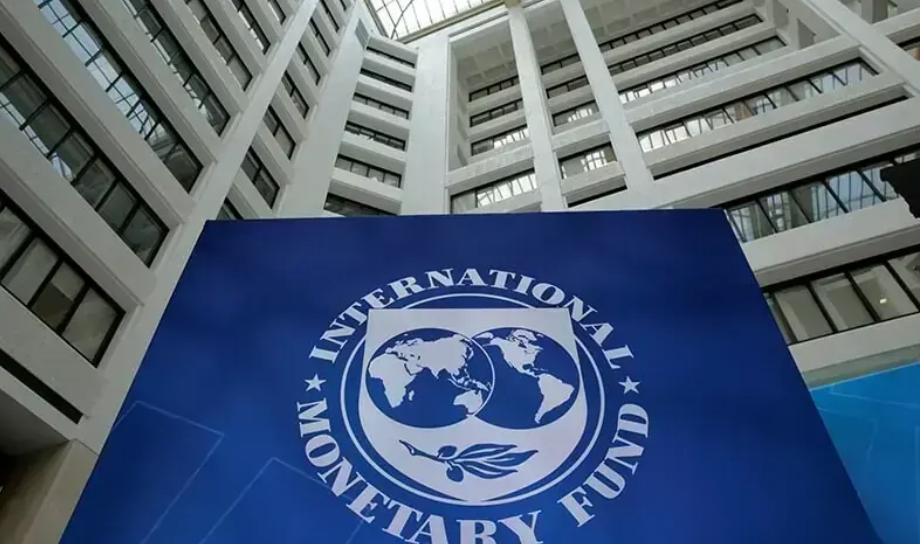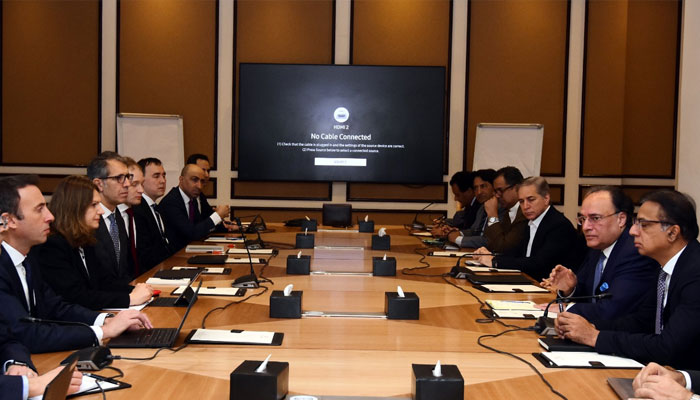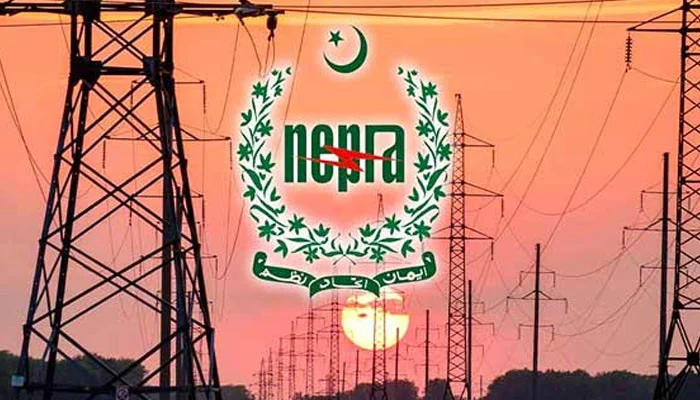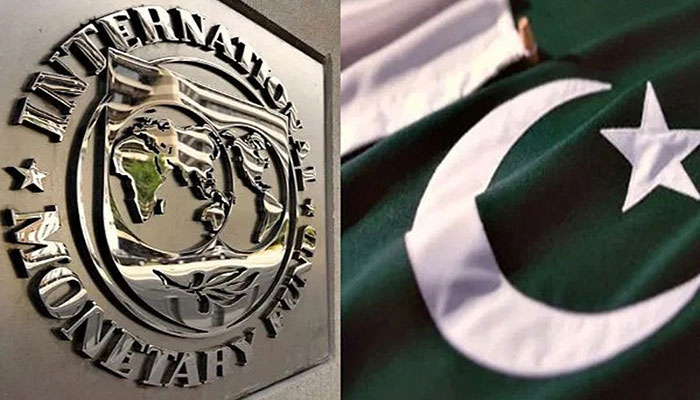TRADE & ECONOMY

The International Monetary Fund (IMF) has raised serious concerns over the absence of a functioning internal audit system and weak constitutional and parliamentary oversight mechanisms in Pakistan, warning that these gaps expose an estimated Rs40 trillion in federal public funds — and even larger amounts in the provinces — to significant fiduciary risks.
In its Governance & Corruption Diagnosis Assessment (GCDA), the IMF highlighted critical deficiencies in Pakistan’s internal financial controls, internal and external audit systems, and the operational independence of the Office of the Auditor General of Pakistan (AGP). The report observed that despite constitutional protections, the AGP remains practically subordinate to the executive branch, while parliamentary watchdogs such as the Public Accounts Committee (PAC) lack the capacity and timely mechanisms to ensure accountability.
According to the Fund, weak internal audit mechanisms have allowed financial irregularities, corruption, and embezzlement — often running into trillions of rupees — to persist year after year. The Public Finance Management (PFM) Act 2019 mandated the appointment of Chief Internal Auditors (CIAs) across federal divisions by 2020, yet the government has failed to appoint a single CIA in any ministry. Although 25 chief finance and accounts officers (CFAOs) are currently working in some ministries, both CFAOs and CIAs remain absent in more than a dozen divisions, leaving critical financial management functions undermined.
The IMF also questioned why the Auditor General’s office continues to operate as an attached department of the Federal Secretariat, despite Articles 171 of the Constitution and provisions of the Pakistan Audit Ordinance, 2001, which require the AGP to report independently to the president and parliament. This arrangement forces the AGP to report through the prime minister, the federal secretariat and the president — a structure the IMF says compromises the neutrality and objectivity of audit operations.
Further weakening the institution, the AGP faces a staffing shortage of nearly 1,500 personnel due to bureaucratic hiring restrictions, while its budget remains dependent on releases by the Finance Division. Despite being classified as "charged expenditure," the AGP still follows routine budget execution rules and cash-flow approvals, limiting its operational freedom.
The report also criticises the inefficiency of current audit practices. The AGP produces more than 6,000 reports annually, many running into thousands of pages, yet receives little to no follow-up from ministries or the PAC. As many as 75% of the 34,000 audit recommendations issued remain unaddressed, with no monitoring mechanism in place to enforce compliance.
To address these issues, the IMF has recommended a comprehensive strengthening of Pakistan’s audit and oversight framework. This includes reforms to grant full operational independence to the Auditor General, amendments to PAC regulations to enforce accountability for non-compliance with audit findings, and streamlined audit reports focused on critical issues with clearer prioritization tools — such as a traffic-light severity system.
Additionally, the IMF urged the establishment of a centralized monitoring secretariat to track compliance with audit recommendations and called for mandatory, timely PAC hearings on audit reports to ensure transparency and strengthened parliamentary oversight.
The Fund stressed that without robust internal controls, independent auditing, and active legislative oversight, Pakistan will continue to face significant financial integrity risks and governance failures that hinder sustainable economic stability.




